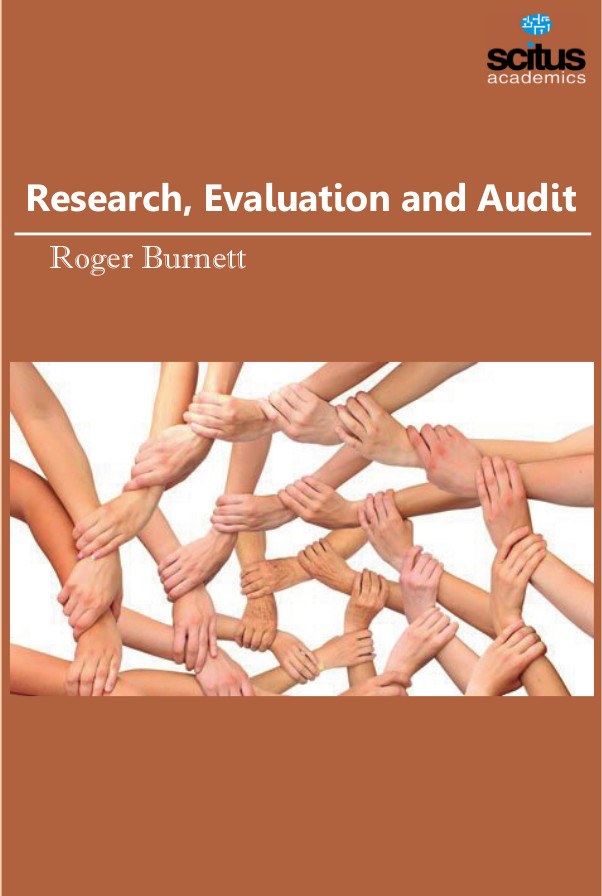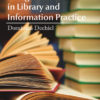Research and evaluation are characterized by similar features that center on the shared objective of answering a question. Although both use similar data collection and analysis methods, the two disciplines diverge again during use and dissemination. Research is intended to increase the body of knowledge on a particular issue; any subjective opinion limits the researcher’s credibility. On the other hand, evaluators must balance the need to remain objective and the expectation to make recommendations for stakeholders. Evaluators must determine what information is valuable, what method is best for data collection, how to analyze the data, and how to relay findings to stakeholders. This requires interpretation and a certain level of judgment by the evaluator that is absent from the role of the traditional researcher. Evaluating the authority, usefulness, and reliability of the information you find is a crucial step in the process of library research. You will need to evaluate each resource you use for research, whether it is an online or print journal article, a website, a book, a newspaper article, or other source that you want to cite.
Research, Evaluation and Audit considers methods and approaches that are suitable in a library context, making it a useful tool for library professionals and practitioners alike. This book is a thorough introduction to research and evaluation in libraries. A large part of the book is dedicated to a variety of research methods, including historical, descriptive, and experimental methods. Whether student or practitioner, information professionals in all types of libraries can benefit from incorporating research and evaluation into their regular planning activities.













